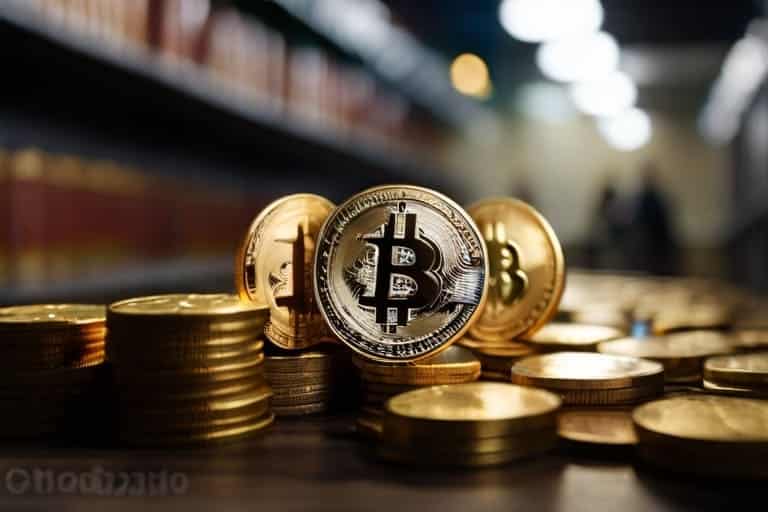With more than 85% of the vote, President Nayib Bukele of El Salvador has won a landslide reelection. Since September 2021, when El Salvador became the first nation to formally accept Bitcoin as legal tender, charismatic leader Bukele—known for his strongman persona—has been the focus of attention worldwide.
On the global scene, this move aroused interest and criticism, with the IMF and other financial institutions voicing worries about the possible risks and volatility of using cryptocurrencies in the country.
The president, during his campaign, has promised to focus on more integration of Bitcoin into the country’s economy. One of the projects includes the “Volcano bonds,” a Bitcoin-backed finance system with a renewable capacity for Bitcoin mining.
Unfortunately, the president’s Bitcoin evolution has again been greeted with criticism from fellow citizens who complain about the high fees. One of the users on the X platform who commented on the elections narrated how they had spent $20 in transaction fees for sending $100 worth of Bitcoin.
Bukele Wins With Overwhelming Support Amid Criticism of Bitcoin Economy
Despite criticism and doubt, Bukele’s domestic popularity has increased. A report from the country’s local media says that most Salvadorans support Bukele’s unconventional economic strategy and welcome the chances of incorporating cryptocurrencies into the nation’s financial infrastructure.
The overwhelming win could vindicate Bukele, who has constantly presented himself as a disruptor and change agent. The president’s policies have been praised for exploring all the Bitcoin potential advantages of Bitcoin, such as financial inclusion and efficient remittances, which have been highlighted by his administration, particularly for the numerous Salvadorans residing overseas who transfer money home.
Bukele Hastily Gives Acceptance Speech, Promises More Technologically Sophisticated Economy
Following the election, Bukele rushed to social media to thank the Salvadoran people and to declare that the victory was a mandate for more economic transformation. He reaffirmed El Salvador’s commitment to innovation and pledged to work toward creating a more affluent and technologically sophisticated country.
Beyond El Salvador’s boundaries, Bukele’s reelection has consequences. Other countries have already started discussing the advantages and disadvantages of adopting cryptocurrencies due to the country’s Bitcoin experiment. The acceptance of Bitcoin in the country has drawn criticism from outside observers worried about increasing volatility, possible money laundering dangers, and unclear regulations.
Bukele Wins With 85% Margin to Face Close Supervision
The world community will keenly monitor how Bukele handles the economy in his second term, particularly as El Salvador is still facing severe economic hardships brought on by the COVID-19 pandemic.
Discussing the recent development, analysis of the Decrypt platform says that the president’s ability to carry out and maintain his policies centered around Bitcoin will determine how the conversation about cryptocurrencies’ place in established financial systems continues.
Bukele’s previous tenure as the president has been characterized as the county’s moment of technological and economic transformation – especially with the introduction of the Chivo cryptocurrency wallet and other similar investments domiciled in the Bitcoin sector.
It was gathered that Bukele’s kin interest in the cryptocurrency economy did not go well with the international community, and the International Monetary Fund (IMF) has severely scrutinized the country for this move. The president won the election with a landslide victory, clenching 85% of the total vote, further proving his popularity in the country, which has been demonstrated on the streets of El Salvador.
Virtual Broker Bot

